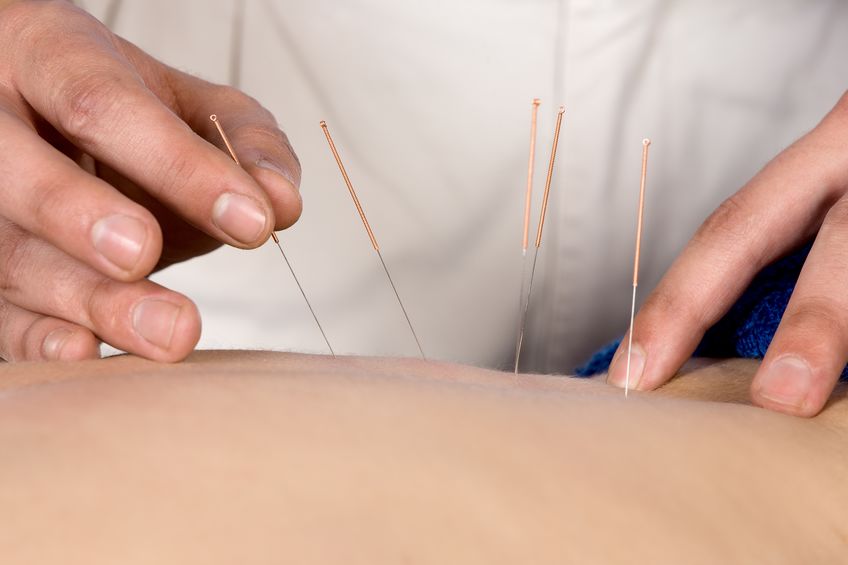 If you ask people what makes them the most uncomfortable about acupuncture, the most popular answer is overwhelmingly going to be the needles. People generally don’t like to be stuck with a needle when they have blood drawn at a clinic, or when they receive a vaccination – and the idea of having several needles placed into different areas of the body puts people on edge.
If you ask people what makes them the most uncomfortable about acupuncture, the most popular answer is overwhelmingly going to be the needles. People generally don’t like to be stuck with a needle when they have blood drawn at a clinic, or when they receive a vaccination – and the idea of having several needles placed into different areas of the body puts people on edge.
This is, however, due to a misconception about acupuncture needles. In essence, people find that acupuncture needles are really more like “hairs” than needles. They are flexible, very thin, and most of time people don’t even feel the needles going in. In fact, a great many acupuncture patients actually describe pleasurable sensations as the needles go in and the body’s natural healing mechanisms are stimulated.
The question of needles aside, a lot of people still find themselves wondering whether or not acupuncture is right for them. For example, why is acupuncture not offered at regular hospitals and clinics? Is it a legitimate medical practice that can produce real results, or is it a kind of “placebo effect” that simply isn’t based in reality?
Again, a sharper understand of acupuncture can help us to answer these questions. The practice itself originated in the far east, with scholars estimating that it originated around 2,000 years ago in ancient China. The practice has evolved and been refined over the course of the centuries, but it has never “gone away” or become irrelevant. In recent times, as people look toward natural ways to stay well, acupuncture has become more popular than ever before.
It’s important to go into your acupuncture treatment with a realistic idea of what you can expect. For instance, if you’re expecting a miracle cure, or instant relief from something that’s been bothering you for years, you’re very likely to be disappointed. Acupuncture is an extremely valuable addition to your overall wellness regimen, whether for a specific health issue or just for overall health and wellness – but it’s a practice that often takes a little time to bear the results you’re looking for. Be patient and open-minded in your approach – only then will you be able to determine how acupuncture can influence your life for the better.
There are no known health risks or contraindications for acupuncture, but it’s important to have a discussion with your acupuncturist about your overall health, and your goals in seeking acupuncture treatment. This way, a specific treatment plan can be developed, and your goals can be tracked.
Choosing an acupuncturist for your first treatment
The last thing you want is to choose an acupuncturist that doesn’t have the best reputation, or simply isn’t very professional in their way of working. This kind of negative experience can prevent you from experience the full benefits of this unique and powerful form of treatment. Finding an upstanding practitioner with a strong reputation in the community is the first step toward seeing for yourself just how effective acupuncture can be for treating a range of illnesses and ailments.

